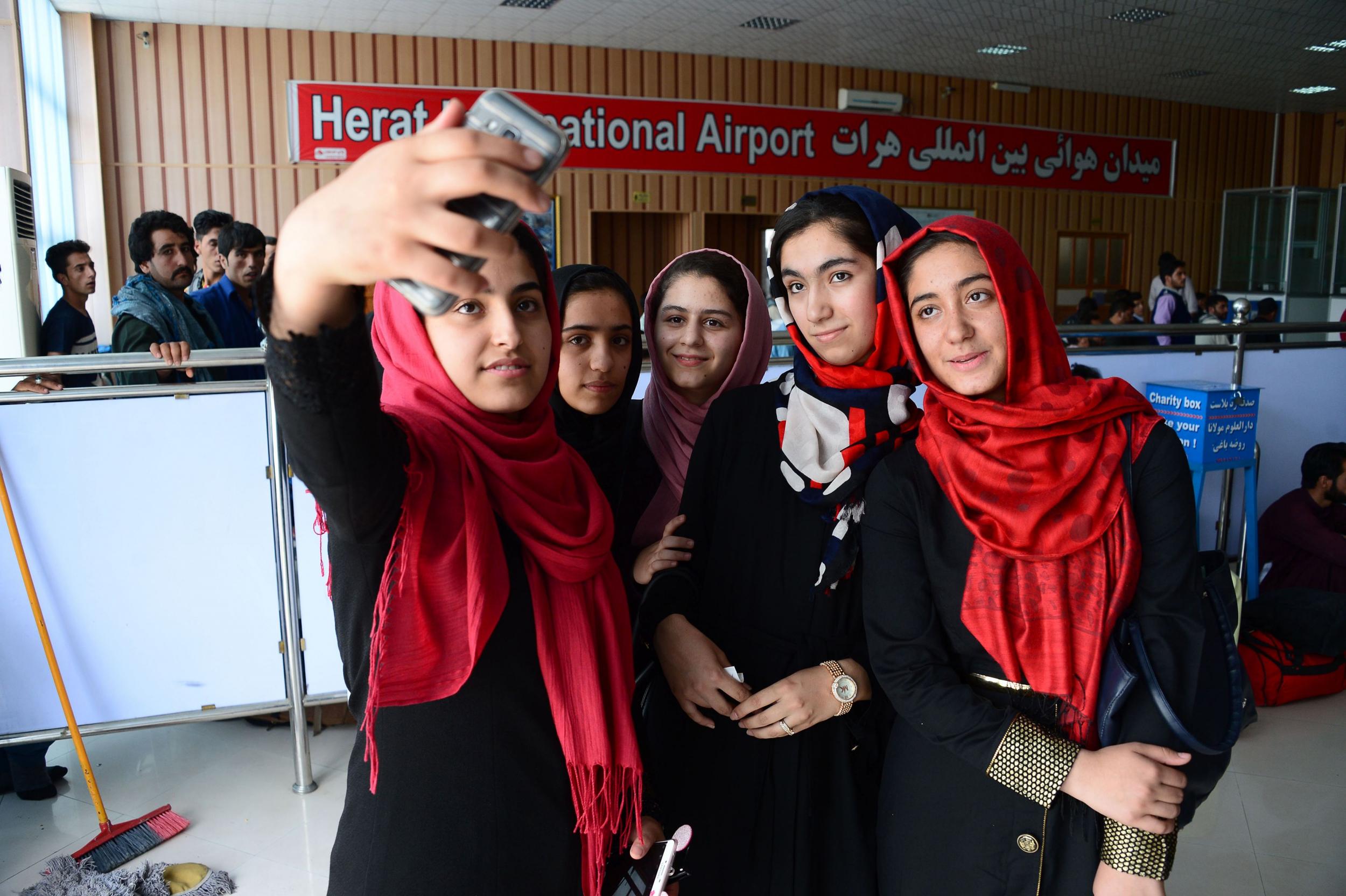Afghans to get free access to Wikipedia on their phones
New partnership between local telecommunications company and Wikimedia Foundation aims to ‘expand the frontier of access to information and knowledge’

People in Afghanistan are set for greater access to the internet and free information, thanks to a new partnership between a local telecommunications company and the Wikimedia Foundation.
Roshan Communications and the internet giant announced on Monday that all of the company’s customers would be able to access the Wikipedia website through their phones – without being charged for data usage – for the next 12 months.
The initiative, called Wikipedia Zero, is due to launch later this month. It will be a fully functional version of the website, meaning users will have access to all content, search and editing functions.

The Wikimedia Foundation is the non-profit organisation that runs Wikipedia and funds dozens of other open-source and other free knowledge projects.
“At Roshan, we are proud to have been leading the efforts to increase access to information,” Altaf Ladak, deputy CEO of Roshan, said in a statement.
“The partnership with the Wikimedia Foundation expands the frontier of access to information and knowledge, especially for Afghanistan’s youth who make up almost two-thirds of the population.”
Afghanistan only gained access to the internet for the first time in 2002, after the fall of the Taliban. Under the extremist group, it was deemed immoral.
Mobile data services began in 2012, which the government hoped would prove an important cultural and economic turning point for the country – though by the end of 2016, it was estimated only 12 per cent of the 26-million-strong population had access to the internet.
Social media use through mobile has rocketed in the last year, however, increasing by 43 per cent – meaning nine per cent of the population in total were active users.
The UN declared in 2011 that access to the internet is a human right. In many developing countries, social media companies offer pared-back low data or free-to-access versions of their apps and websites.
“Wikipedia’s mission is to imagine a world in which every single person can freely share in the sum of all knowledge … Millions of people in Afghanistan will now have access to Wikipedia and its sister projects without incurring mobile data charges, said Ravishankar Ayyakkannu, Regional Manager for Strategic Partnerships in Asia and Eastern Europe of the Wikimedia Foundation.
“This will also empower them to participate in adding content to these projects,” he added.
Join our commenting forum
Join thought-provoking conversations, follow other Independent readers and see their replies
Comments
Bookmark popover
Removed from bookmarks